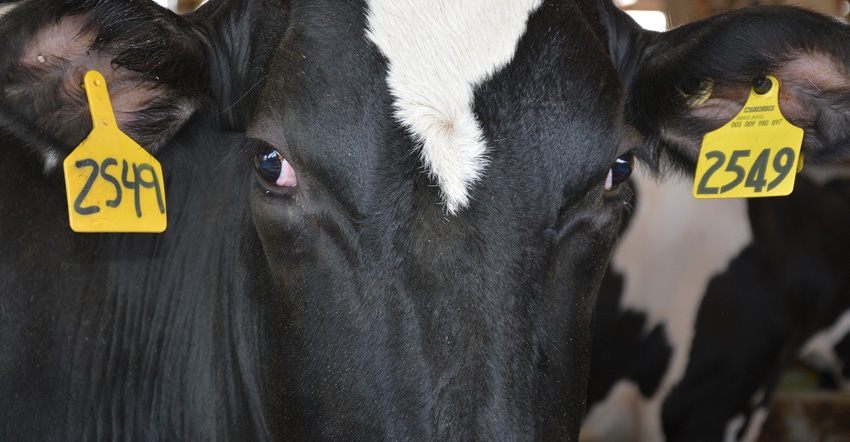
Dean Foods’ announcement Nov. 12 that it filed Chapter 11 bankruptcy will have little affect on Minnesota’s dairy industry in the short term.
However, long term, closing of plants owned by the top U.S. fluid milk brand could impact milk hauling in the region as those assets may not be replaced. Accordingly, milk hauling costs for dairy farmers could go up as shipping distances increase.
Minnesota’s dairy industry has connections with Dean Foods via business with Land O’Lakes and Organic Valley. During a company expansion phase nearly two decades ago, Dean Foods bought the Upper Midwest fluid milk operations of Land O’Lakes, and marketing and licensing rights for Land O’Lakes products such as cream and half-and-half. The purchase included dairy plants in Woodbury, Thief River Falls, Bismarck, N.D., and Sioux Falls, S.D., as well as an extended-shelf-life plant in Richland Center, Wis.
The Thief River Falls plant was closed last year by Dean Foods, according to Lucas Sjostrom, executive director of Minnesota Milk Producers Association. Those facilities likely received Minnesota milk, he adds.
Organic Valley’s joint venture with Dean Foods represents a small fraction of its milk processing and distribution of organic products to local retailers. Elizabeth McMullen, public relations coordinator for Organic Valley, says that venture falls outside of the bankruptcy filing and has no impact on customers or vendors.
In conjunction with its bankruptcy announcement, Dean Foods also says it was engaged in discussions with Dairy Farmers of America Inc. about selling to the dairy cooperative. DFA has members in 48 states, including Minnesota. In 2011, DFA also bought Twin Cities-based Kemps LCC. Sjostrom estimated that 7% of Minnesota’s milk is produced on DFA member farms.
Pat Lunemann, a Clarissa dairy farmer and long-time MMPA board member and chair, noted DFA’s interest in purchasing Dean as farmer-owned as a positive.
“We’ve had a significant buyout of our U.S. milk processing assets by foreign companies in the last number of years,” he says. “We should be celebrating the possibility of our own dairy farmers owning and controlling our own pathway to markets.” He cited the purchase of Le Sueur-based Davisco by Agropur in 2014 as an example.
“A Canadian dairy farmer co-op that is so successful in its own market that they have cash to move into a foreign market that has no quota controls,” he adds. “That’s something to think about, I would say.”
However, a possible downside of DFA buying Dean Foods is the disruption of milk supply agreements, Lunemann says.
Lunemann adds that, too often, farmers take for granted how what they produce finds its way to the consumer.
“Minnesota was and is known as a cooperative state due to the action of farmers who had difficulty marketing their products a century ago,” he says. “Those farmers took initiative to control processing and marketing to the degree that they could, and on the input side, having a supplier that farmers could trust and rely on. In the case of Dean’s, there wasn’t anything we as farmers could do to help them succeed. In the end, their failure becomes our failure even though we have no control.”
About the Author(s)
You May Also Like






